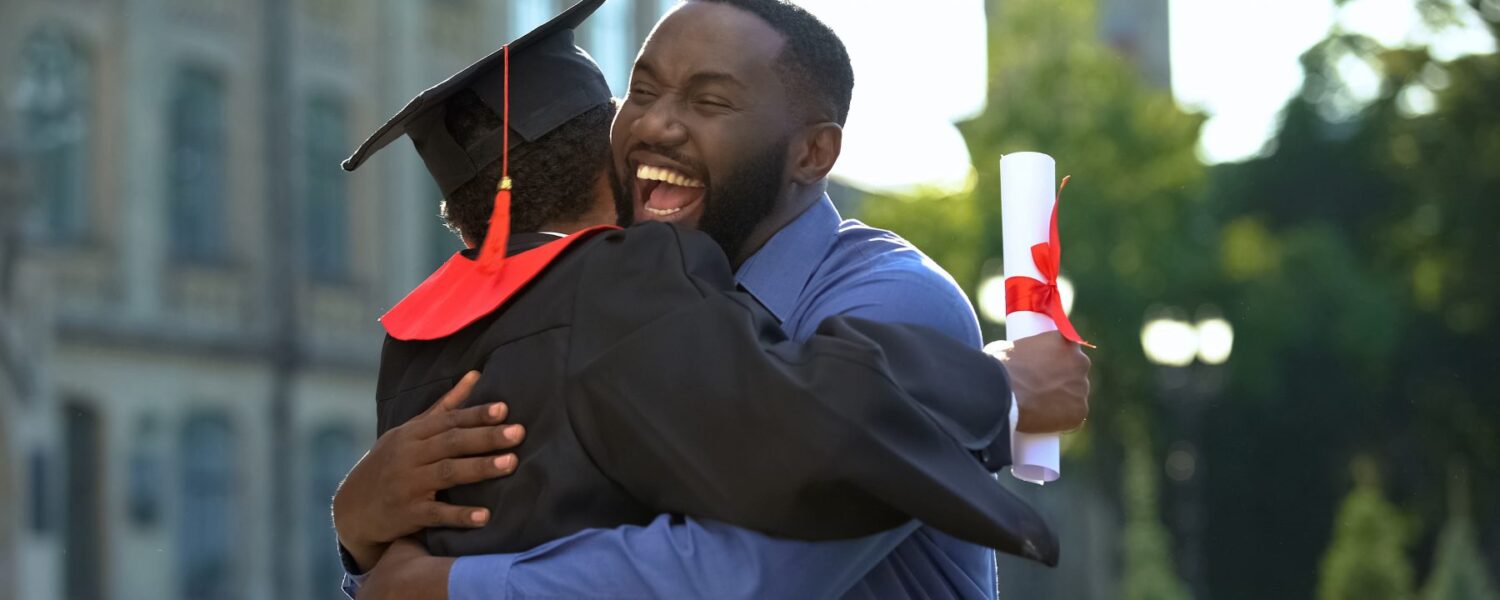By Erica Pettis
Gratitude-based philanthropy, a well-established concept in healthcare, can also be embraced and applied to schools through a “grateful parent” program. Whether a primary, secondary, single-sex, or co-ed school, parents are important members of any educational community.
Opportunities to discuss “grateful parent” fundraising are driven by key moments in a family’s lifecycle with the school or are identified on a case-by-case basis with the help of colleagues within the school community.
First, grateful parent fundraising may happen during key inflection points.
There are specific inflection points in a parent’s relationship with a school where they might be inspired to make meaningful gifts driven by gratitude, reflection, or a desire to pay it forward. School development professionals should prepare themselves to cultivate, ask for, and receive these gifts.
Specific moments can be:
Admission and/or matriculation
As a student and their family join a new school community, many parents are excited about this next chapter in their child’s life. Creating opportunities to give and explaining why the school invites the community’s support of the Annual Fund and other initiatives is critical. It creates understanding around the need and impact of fundraising, building a culture of philanthropy and securing support from new families.
Retirement of a long-time faculty member
A beloved teacher, mentor, coach, or leader positively impacts many families, many times over. This often spans years and traverses generations. Such retirements provide a productive and meaningful outlet to express gratitude – both in sentiment and in giving – and, given that retirements are often announced well in advance, it is a missed opportunity to not plan ahead and prepare language around this support.
In these instances, all parents (both current parents and alumni parents, including those who are alumni themselves) whose children attended the school should be asked to support the initiative. Based on how much you expect to raise, the school can decide it if is most advantageous to put these funds into unrestricted operating or create a special endowment or fund (as long as you’re certain you’ll meet any endowment or restricted fund minimums!).
Graduation/senior class gifts
Whether the student has spent one year or 13 years at your school, graduation creates a natural moment for reflection and gratitude for many parents. Many schools create senior gift opportunities where the graduating class parents come together to fund a specific project or increase their commitments to the Annual Fund.
This is also an important moment to teach the graduating students themselves about the importance of giving back. Think about which parent leaders can spearhead this effort and, again, determine what minimum thresholds exist if you decide to allocate for a special project or an endowed or restricted fund.
College graduation
Many parents feel an even deeper sense of gratitude for their child’s primary and secondary school education as their child graduates from college. It is important to continue to engage and communicate with past parents. You may even consider past parent reunions, which allow them to reconnect with each other and your institution. (If your school is an elementary school or middle school, the same concept still applies!) Fundraisers should also continue to solicit and steward past parents. Do not assume that just because their child has graduated that they will no longer continue to support your efforts.
COVID graduates
The graduating classes of 2020, 2021, and in some cases 2022 likely had unusual graduation ceremonies and school years due to the COVID-19 pandemic. We know these were difficult years for our school communities, and many families may feel they were denied some school traditions or ceremonies.
We do not want any potential negative feelings to compound over time, so consider what you are doing to engage these groups, and perhaps consider special five-year reunions or events in the coming years to recognize these specific classes. Similarly, make sure that new families who entered your school during these school years have extra time to connect with one another and your institution.
In the instances above, consider how a parent volunteer or volunteers can help solicit their peers. Peer-to-peer solicitations are powerful and often more effective than an ask from a fundraiser alone. A parent may be able to share a specific story of gratitude and invite the support of their friends and peers. Parent volunteers are also able to authentically acknowledge that while not every moment of their child’s experience has been perfect, the experience on the whole has been a positive one.
Second, ready yourself for unique grateful parent circumstances.
There are also instances that are specific to a child or family’s individual experience at a school where grateful parents may be particularly inspired to make a contribution. Seizing on these “one-off” instances is a little less predictable and harder to spot, but we can be prepared by taking several steps to encourage these opportunities:
Be visible and present.
Fundraisers should be present and active in the community so that when grateful parents are inspired to make a gift (beyond those key moments outlined above), they know where to go and how to facilitate such a gift. By being an active member in the community and transparent and unapologetic about your role and the role of philanthropy at the school, grateful parents know where to direct feelings of gratitude and a desire to support your school.
Prepare colleagues to spot opportunities.
A key point of grateful patient fundraising in hospitals is training practitioners to spot opportunities or expressions of gratitude from patients and then training the practitioner to connect the patient to the fundraising office. In schools, helping faculty, staff, coaches, and administrators become aware of the role of philanthropy is a first step.
Prepare colleagues to share those opportunities with your office.
The second step is encouraging our colleagues to feed us information about gratitude when it is expressed. This could mean that in an interaction with a parent, your colleague suggests that the parent reach out to the Development Office. If that does not feel comfortable, encourage your colleague to report that expression of gratitude back to you so that you can follow up in a way that is logical and appropriate.
While all independent schools rely on the philanthropic support of their communities to remain viable, fundraisers must also maintain the highest ethical standards and avoid any whiff of impropriety or quid pro quo – especially when soliciting current parents.
As fundraisers, our job is to identify where gratitude exists and make a donor aware of available gift options. It is the job of fundraisers to thoughtfully, professionally, and ethically ask for these gifts and to create opportunities for grateful parents to make a difference.
Whether a gift of $100 or $1 million, gratitude-driven gifts are wonderful to receive and meaningful to the donors who make them. Yet, as with grateful hospital patients, these gifts don’t just happen. Fundraisers must do the work and then ask.
Erica Pettis is vice president and independent school practice group leader for Graham-Pelton, a trusted leader in fundraising management, serving all nonprofit sectors worldwide, www.grahampelton.com.






